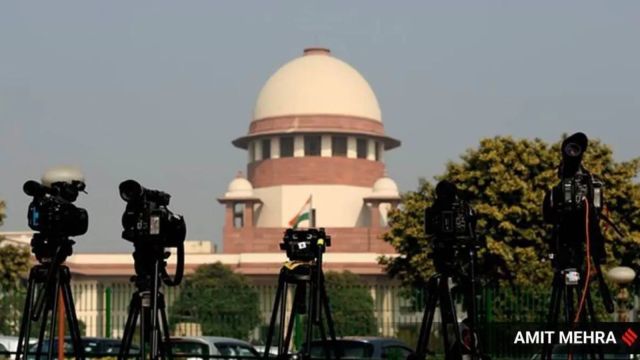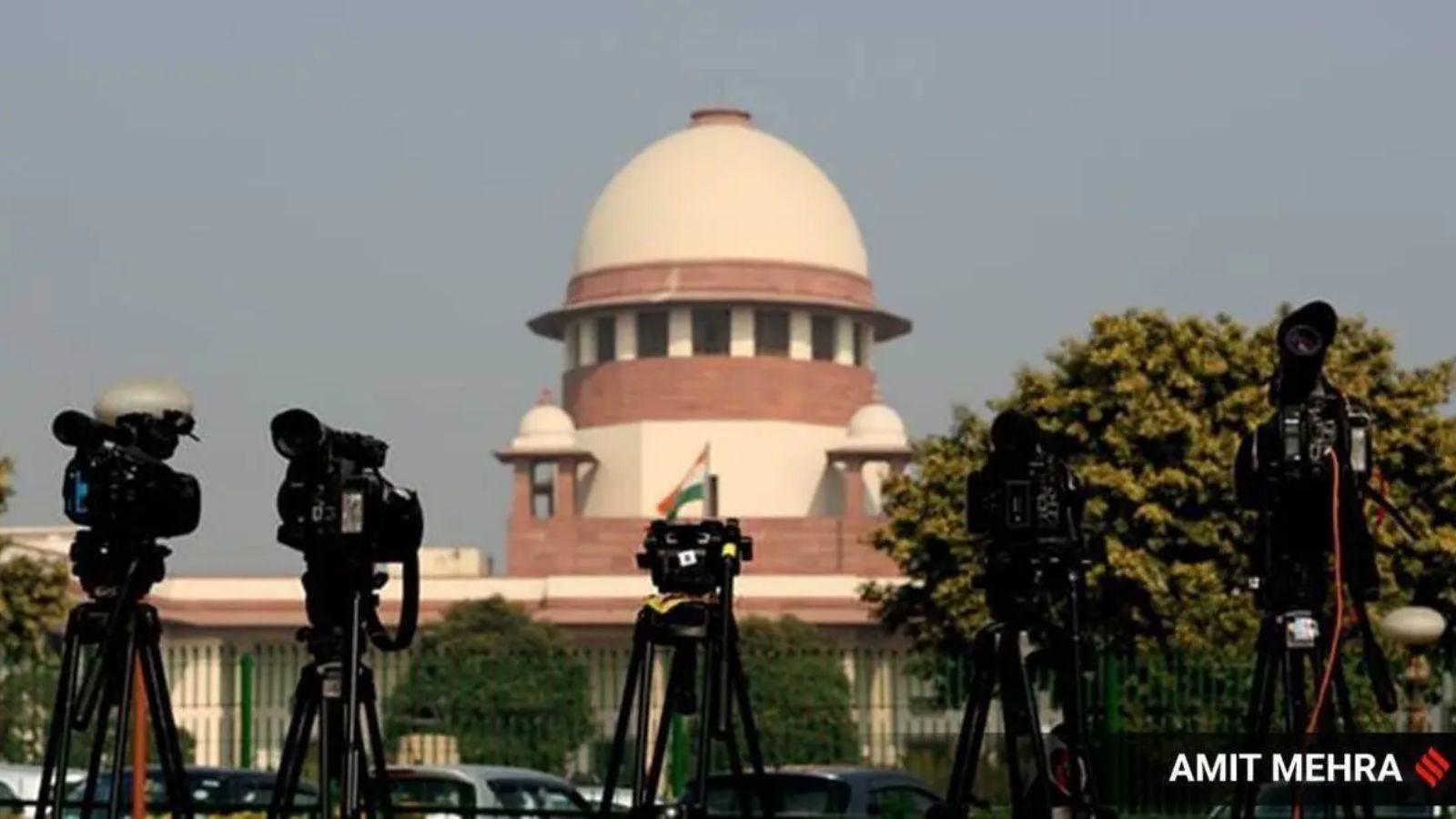
The recent judgment of the Supreme Court regarding sub-classification among SC and ST groups vis-a-vis granting reservation raises a more fundamental question. Why do we need reservation for Dalits? I would like to share a snippet from my experience of living with caste.
I lived in a rented accommodation as a student in Delhi University. One day, tired of Delhi’s water woes, I asked my landlady if I could call somebody and get our water tank cleaned. Unsurprisingly, my landlady replied, “Ab C***r (using a term for members of the Jatav community) tanki mein jayenge aur hamare pani ko ganda karenge?” I was quick to remind her that she used a Dalit’s rental money to run her house, yet she thought our touch would “pollute” her water tank. But money, I learnt, is beyond the pale of purity and pollution. And in this instance, money did help me get accommodation — but it stripped me of my dignity.
While caste-based reservation was not meant to be an indefinite constitutional guarantee given by B R Ambedkar to Dalits, it is the most important tool for the social empowerment for the most marginalised. One can argue that there is a need to revisit reservations in the context of changing caste dynamics. And the thought behind the Supreme Court’s verdict is noble. However, the question of implementation remains.
How do we define who is most marginalised among the marginalised? What are the parameters we intend to put in place to measure marginalisation? Reservation was meant to abolish “untouchability and provide access to justice”. The manifestation of untouchability has changed from its physical aspects to more intangible forms. Why are a majority of applicants for academic posts under the SC/ST category declared as “not found suitable”? How many law firms or chartered accountant firms are owned and run by the SC and ST communities? And why do we still have reported cases of deaths from manual scavenging in the country, though the practice has been constitutionally abolished?
Why did a Dalit IPS officer still need police protection to ride a mare as part of a procession in his village in Haryana as recently as 2022? Reservations should eradicate caste-based discrimination and none among us will disagree that its benefits should trickle down to the ones who need it the most. In the absence of a clear manual to define the most marginalised, this reform could well end up being manipulated at the state level for electoral and political numbers.
The judgment on the issue by a seven-judge bench in State of Punjab v. Davinder Singh, which affirmed sub-categorisation among SCs, took place in a broader context. Globally, there has been a rise in conservatism, especially in relation to affirmative action. The US Supreme Court in June 2024 held that race-based affirmative action in higher educational institutions was illegal. The promise of reservations for Dalits in India was that of equality, dignity and justice. This recent judgment made me introspect on whether economic parity puts me on the same pedestal as my fellow upper-caste colleagues. But, tragically, marginalisation is more complex than that: It has a spectrum of privileges and disadvantages experienced by individuals within a society. Marginalisation manifests in various forms, and it is imperative to account for these parameters when assessing and addressing issues of privilege and exclusion to ensure a more equitable approach, rather than reducing it to economic status.
From a social justice perspective, economic progress does not take away the indignity faced by a so-called “privileged Dalit”. Sub-classification per se is not bad. However, in India today, it seems to be in direct conflict with the inherent idea and goal of social inclusion. In my experience, mere economic advancement does not guarantee social mobility. We need to ask ourselves: Have our personal spaces in society become safer, more inclusive, and devoid of caste discrimination? No targeting and exclusion of the creamy layer is possible without a caste survey with targeted data collection. We need to charter a discourse based on empirical and anthropological data of every community. What are the defining parameters which the state will use to determine empirical evidence of the progress of Dalits and who belongs to the creamy layer?
States need to do a comprehensive empirical evidence collection and statistical evaluation of substantial data. However, this data collection should not be a mere analysis of the economic advancement and progress of a particular Dalit community. That would be an incomplete analysis.
Affirmative actions were envisioned as a mechanism that could provide a level playing field to these communities in the social institutions of education and employment. It was ammunition to help provide political representation, recognise their oppression, redistribute intellectual resources, and social rehabilitation, ultimately resulting in better social standing for these communities. It was aimed at dismantling the structural and generational privilege that facilitates caste-based discrimination and determines access to a better life.
Reservation was a tool to acquire social equity, which was correctly thought to be the precursor to social equality. The facilitation of the acquisition of skills, knowledge, and social connections that would eventually lead to the upward social mobility of oppressed communities were the key factors promoted by reservation policies. It would do well for us to remember that reservation challenges the total hegemony of dominant factions in the society, and what the dilution of this principle would mean for those who continue to be oppressed.
The writer is assistant professor of Sociology, Lakshmibai College, Delhi University



